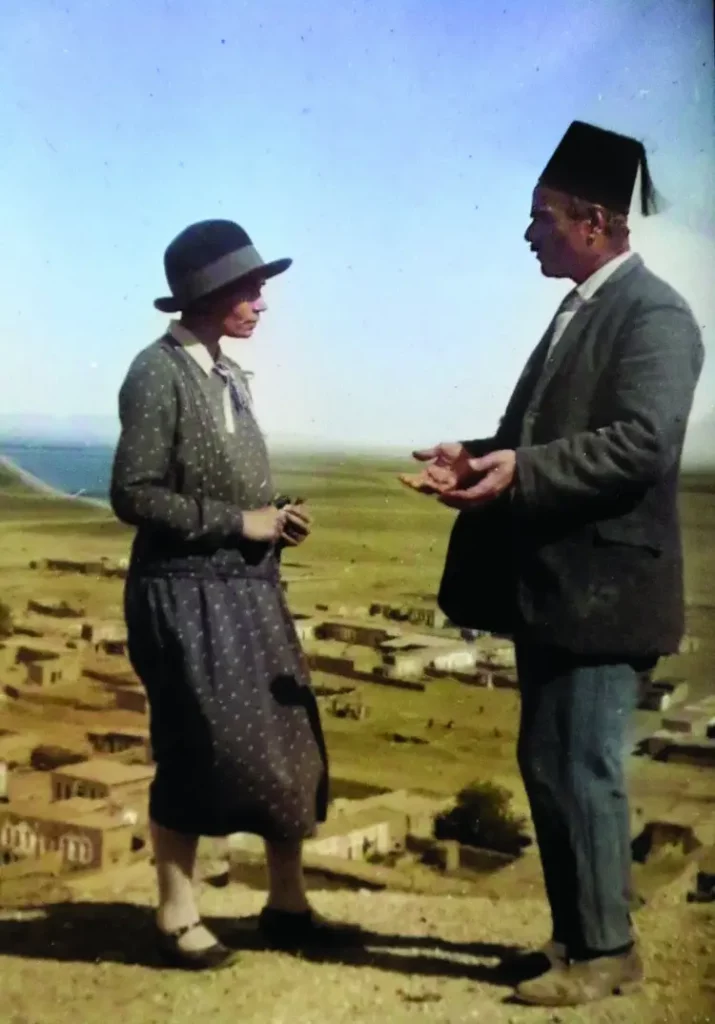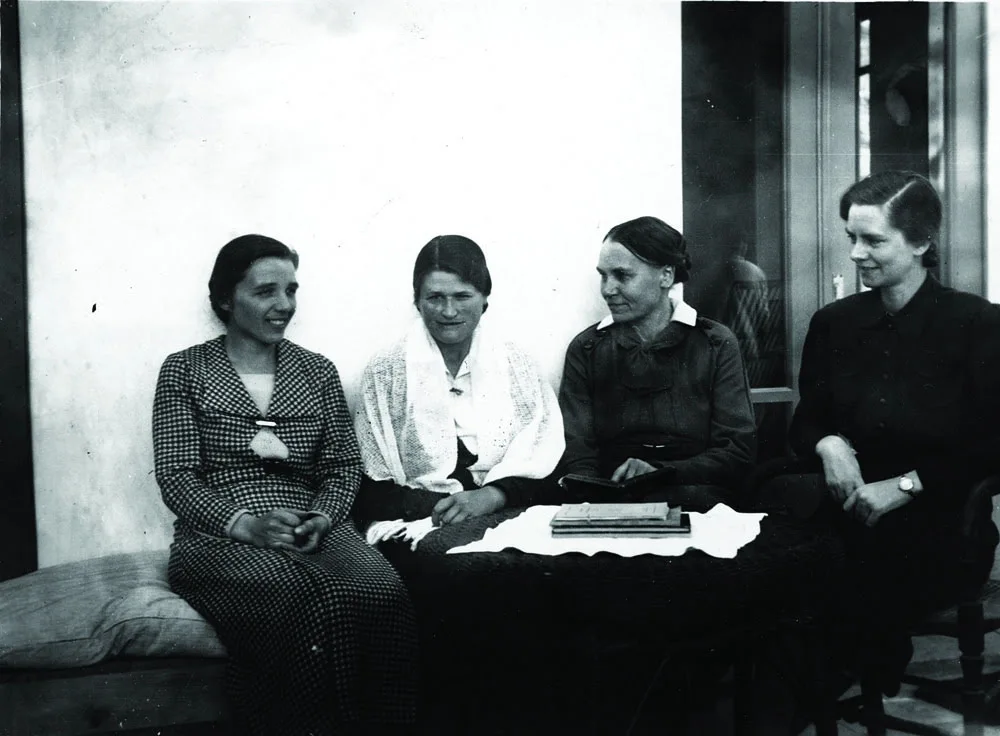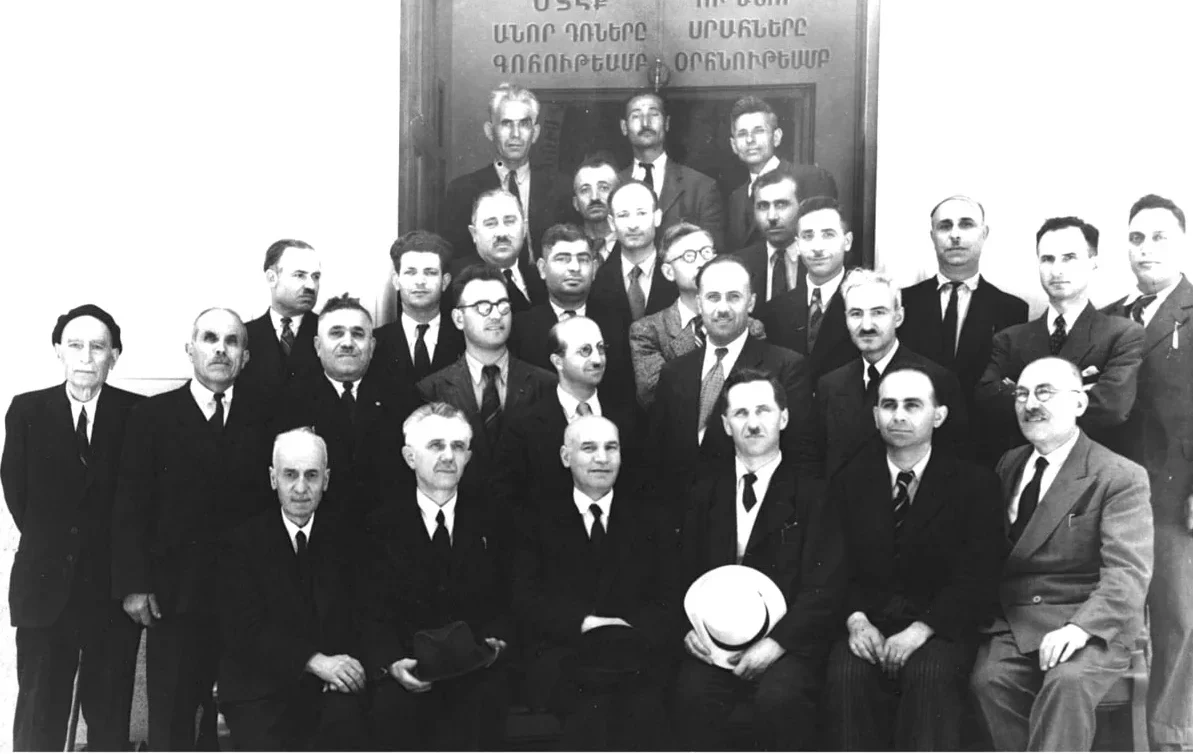Some collaborators of ACO in Aleppo Swiss, French, Estonians, Armenians, Arabs, Turks, …
A Mission with unique partnerships
In many ways, the ACO of the interwar period can be compared to just any other missionary society: a commitment based on an explicit faith, the sending of missionaries for several years, concrete action that takes place in several fields (humanitarian, health, social, educational), the establishment of a local missionary station and the eagerness to evangelize.


